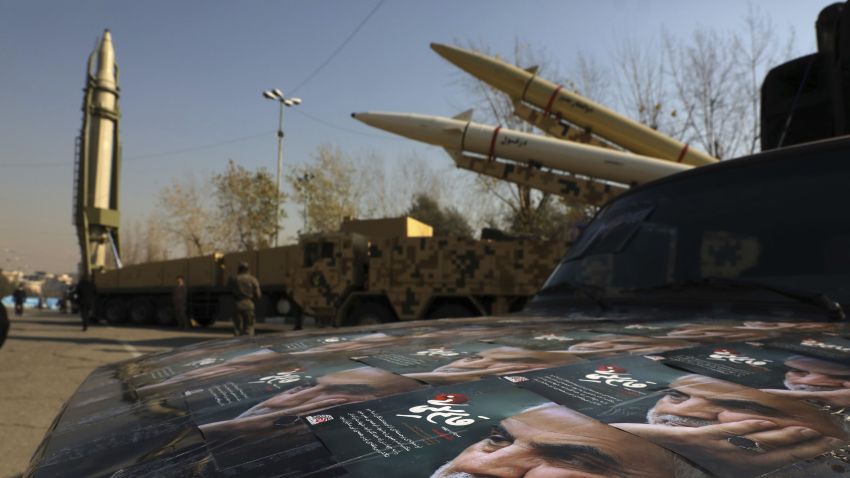Once again, the fate of the Iran nuclear agreement is in limbo. In August, the European Union proposed what EU foreign policy chief Josep Borrell described as a “final text” to revive the deal, formally known as the Joint Comprehensive Plan of Action, or JCPOA. That appeared to move the talks close to the finish line after over 16 months of “on again, off again” negotiations in Vienna.
But just as in March 2022, when it also seemed an agreement was imminent, the remaining gaps between the Iranian and U.S. positions have not been bridged. Iran is pressing for stronger guarantees that it will receive economic benefits for rolling back its nuclear program amid concerns the U.S. could leave the deal again, while the U.S. and the EU insist an International Atomic Energy Agency probe into outstanding issues at undeclared nuclear sites not be closed as a condition for reimplementing the JCPOA.
Beyond the specific sticking points, however, the deeper issue holding back a deal is the lack of trust and domestic political pressures on both sides. The consensus now is that no movement is likely before the November midterm congressional elections in the United States. But the elections may just be a convenient excuse. Continuing doubts in Iran that the U.S. and the EU will ever live up to the terms of the deal, combined with Western anxiety that the nonproliferation benefits of an agreement are dwindling, make it unclear whether the JCPOA can be revived at all.

